Budget 2024-25: Subsidy Cut to Rs 3.81 Lakh Crore
By Rediff Money Desk, New Delhi Jul 23, 2024 16:00
India's Finance Minister Nirmala Sitharaman has reduced the subsidy outlay for food, fertiliser, and fuel by 7.8% in the full Budget for 2024-25, aiming for fiscal prudence.
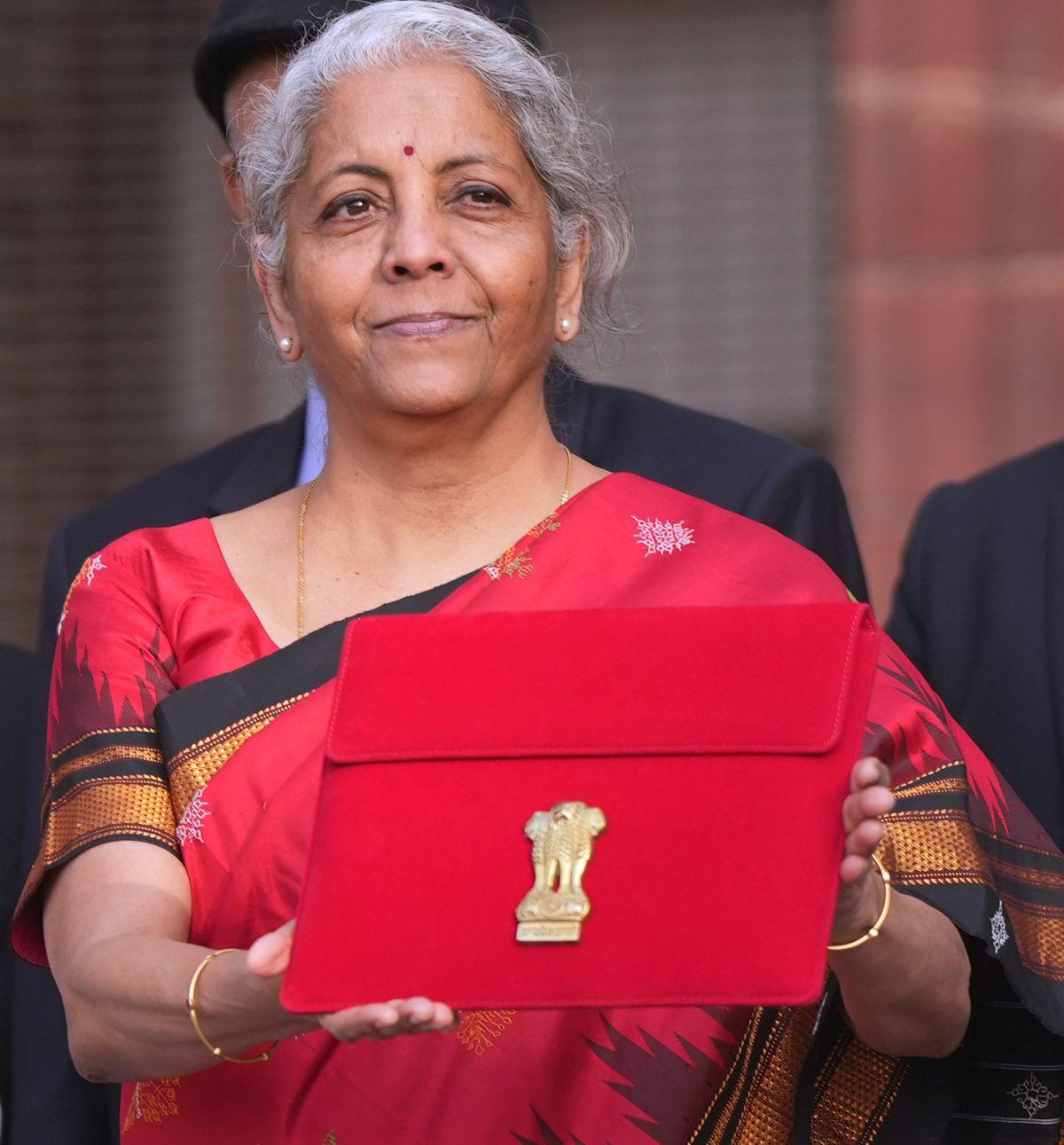
Photograph: PTI Photo from the Rediff Archives
New Delhi, Jul 23 (PTI) In a move that signals fiscal prudence, the government reduced its subsidy outlay for food, fertiliser, and fuel by 7.8 per cent in the full Budget for 2024-25, presented by Finance Minister Nirmala Sitharaman in the Lok Sabha on Tuesday.
The total subsidy allocation stands at Rs 3,81,175 crore for the current fiscal, down from the previous year's figure of Rs 4,13,466 crore. This reduction aligns with the estimates projected in February's interim budget.
Breaking down the allocations, the food subsidy has been set at Rs 2,05,250 crore, a decrease from the revised estimates of Rs 2,12,332 crore for the fiscal ending March 31, 2024.
This subsidy covers the difference between the economic cost of foodgrains procured by the government and their sales realisation under the National Food Security Act (NFSA) and other welfare schemes, benefiting approximately 80 crore individuals.
The fertiliser subsidy has seen a more significant cut, with Rs 1,64,000 crore earmarked for 2024-25 against the revised estimates of Rs 1,88,894 crore for the previous fiscal.
This subsidy supports manufacturers and helps maintain affordable prices for farmers, covering both urea and non-urea fertilisers like DAP and MOP.
Petroleum subsidies, primarily for cooking gas (LPG), have been marginally reduced to Rs 11,925 crore, down from Rs 12,240 crore in the 2023-24 revised estimates.
The government's decision to maintain the subsidy estimates from the interim budget suggests a calculated approach to balancing fiscal consolidation with welfare measures.
The total subsidy allocation stands at Rs 3,81,175 crore for the current fiscal, down from the previous year's figure of Rs 4,13,466 crore. This reduction aligns with the estimates projected in February's interim budget.
Breaking down the allocations, the food subsidy has been set at Rs 2,05,250 crore, a decrease from the revised estimates of Rs 2,12,332 crore for the fiscal ending March 31, 2024.
This subsidy covers the difference between the economic cost of foodgrains procured by the government and their sales realisation under the National Food Security Act (NFSA) and other welfare schemes, benefiting approximately 80 crore individuals.
The fertiliser subsidy has seen a more significant cut, with Rs 1,64,000 crore earmarked for 2024-25 against the revised estimates of Rs 1,88,894 crore for the previous fiscal.
This subsidy supports manufacturers and helps maintain affordable prices for farmers, covering both urea and non-urea fertilisers like DAP and MOP.
Petroleum subsidies, primarily for cooking gas (LPG), have been marginally reduced to Rs 11,925 crore, down from Rs 12,240 crore in the 2023-24 revised estimates.
The government's decision to maintain the subsidy estimates from the interim budget suggests a calculated approach to balancing fiscal consolidation with welfare measures.
Source: PTI
Read More On:
DISCLAIMER - This article is from a syndicated feed. The original source is responsible for accuracy, views & content ownership. Views expressed may not reflect those of rediff.com India Limited.
You May Like To Read
TODAY'S MOST TRADED COMPANIES
- Company Name
- Price
- Volume
- GTL Infrastructure
- 3.03 ( -4.72)
- 257562976
- Vodafone Idea L
- 15.98 (+ 5.13)
- 59384877
- Khoobsurat
- 1.87 (+ 4.47)
- 53564105
- Srestha Finvest
- 2.41 ( -1.23)
- 34967793
- NCL Research
- 1.01 ( -1.94)
- 27741245
MORE NEWS

Aditya Birla Group Targets USD 25 Billion...
Aditya Birla Group aims to reach USD 25 billion in consumer business revenue in the...

Sebi Confirms Order Against 12 in V Marc India...
Sebi confirms its order against 12 entities, including V Marc India's promoter, for a...

PM GatiShakti Evaluates 5 Infra Projects: Road,...
Network Planning Group (NPG) has evaluated 5 infrastructure projects, including road...




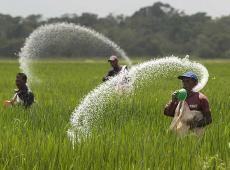
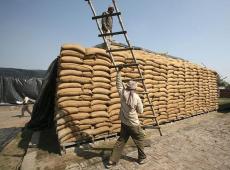


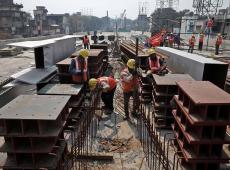


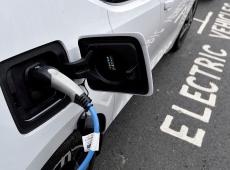
 © 2024 Rediff.com India Limited. All rights reserved.
© 2024 Rediff.com India Limited. All rights reserved.